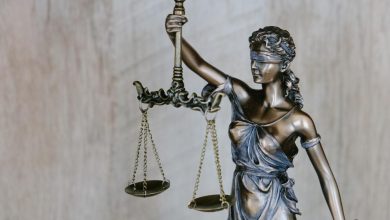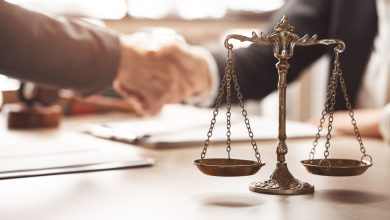The convergence of Artificial Intelligence (AI) and the legal system poses intricate challenges and prospects for legal practitioners globally. Legal advocates must quickly adapt as digital evidence becomes more common and algorithmic tools affect everything from predictive policing to risk assessment for sentencing. To get around in this new world, you need to be an expert in both law and technology. Soon, the best professionals will be those who are experts in both. When facing serious charges, it is no longer optional to hire a leading criminal defense lawyer in Toronto who understands these technological implications; it is necessary to build a strong defense against evidence that comes from digital sources. The need for sophisticated legal advice is growing in Toronto. This article talks about how AI is changing the world of criminal defense in big ways and why lawyers need to learn how to use this powerful new technology.
The New Frontier of Digital Proof
AI is already a big part of how the state collects evidence. Police use automated license plate readers (ALPRs), facial recognition software, and huge databases that machine learning algorithms analyze to come up with leads and possible evidence for their investigations. This is a unique problem for defense lawyers: they have to argue against evidence that was made by algorithms that aren’t clear.
A key part of modern defense is questioning the accuracy, bias, and methods of the AI systems that the prosecution uses. This entails a forensic examination of the AI model, including an analysis of its training data for historical bias, verification of the chain of custody for the digital input, and an assessment of the statistical likelihood of its output being accurate within the specific context of a case. It is no longer acceptable to just accept what an algorithm says.
The Crisis of Authenticity and Deepfakes
Deepfakes, which are synthetic media that convincingly copy a person’s voice, appearance, or actions, are one of the most worrying AI advances that affect criminal law. This creates a crisis of authenticity for defense lawyers, as basic evidence like video recordings or voice messages can no longer be taken at face value.
Defense strategies now need to include ways to check technology. Lawyers need to work with experts to figure out if a video or audio clip is real or a fake made by a smart AI. This requirement changes the normal legal process in a big way. Instead of figuring out what a person meant in a video, the focus is now on checking the digital integrity of the video file itself. In this case, understanding AI means coming up with rules for quickly checking or disproving digital recordings before they can affect a jury.
Algorithmic Bias in Sentencing and Risk Evaluation
The defense mostly fights the prosecution’s evidence, but AI is also a hot topic in risk assessment tools used for bail hearings and sentencing recommendations. These tools frequently utilize historical data to forecast the probability of recidivism, which, if the foundational data exhibits systemic biases against particular socio-economic or racial groups, may result in discriminatory outcomes.
A defense attorney must be ready to argue against the idea that these predictive algorithms are neutral. This necessitates the scrutiny of the foundational assumptions of the risk assessment model, the identification of any intrinsic systemic bias, and the affirmation that the human judge, rather than the algorithm, maintains ultimate judicial authority. The defense must contend that a machine learning output, despite appearing objective, cannot supplant the nuanced evaluation of individual circumstances mandated by the Charter of Rights and Freedoms.
The Future of the Defense Bar
The use of AI in the justice system is only getting faster. In this decade, a successful criminal defense needs both legal knowledge and tech skills to work together. The ability to break down an algorithmic conclusion, spot digital manipulation, or argue against algorithmic bias will be what makes a good representation. The defense bar needs to actively use this technology, not just to fight it, but to learn how to use its power to make sure that the basic principles of justice—fairness, due process, and the presumption of innocence—are still followed in a world that is becoming more automated.




